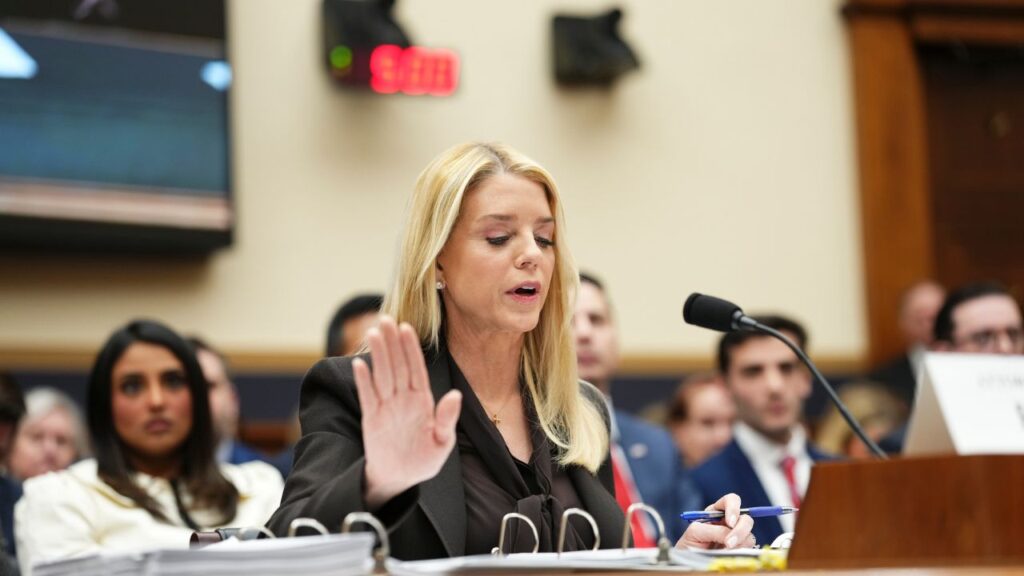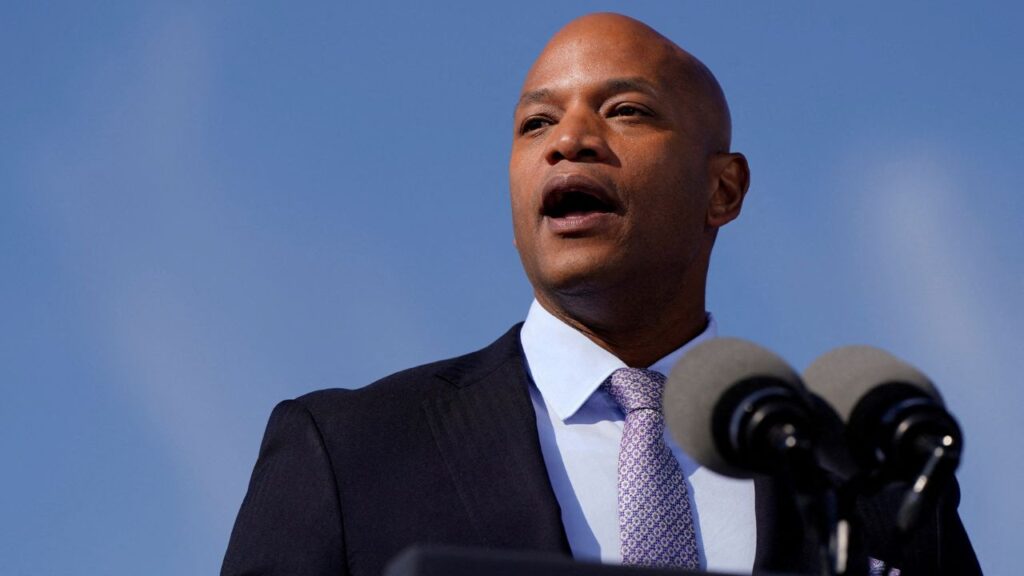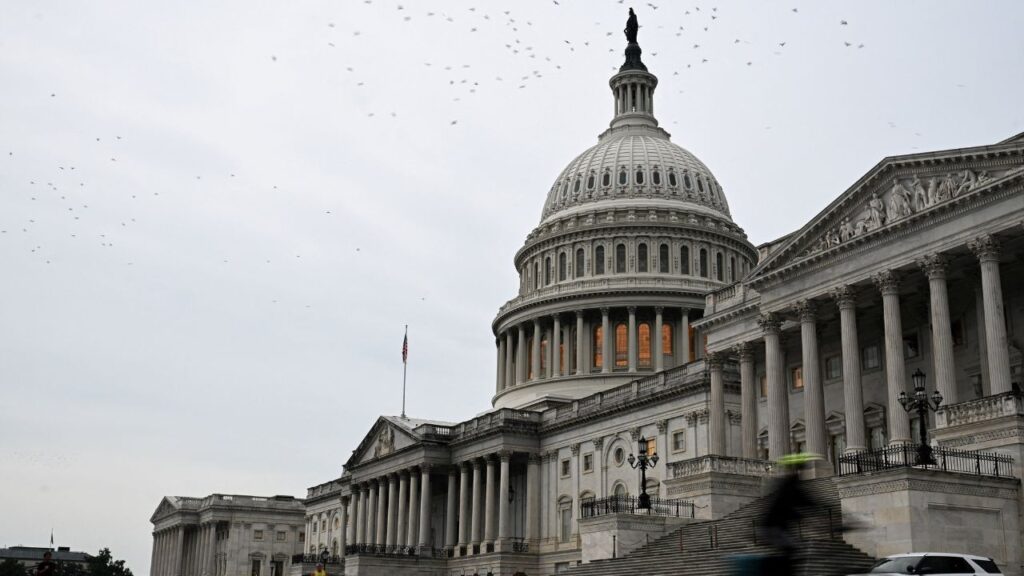Share
California’s labor unions scored big wins in the just-concluded legislative session — to the surprise of precisely no one.
Democrats’ huge gains in last year’s legislative elections, coupled with the election of Gavin Newsom, who had strong union support, as governor, foretold what would happen.

Dan Walters
Opinion
The author of the bill, Assemblywoman Lorena Gonzalez, a San Diego Democrat and a former union official, granted a few exemptions, but shunned most of the requests submitted to sponsoring unions by specific employer groups.
Hundreds of thousands of independent contractors would be potentially affected, but Newsom’s signature on the bill is clearly not the last word on the issue.
Ride-hailing services Uber, Lyft and other businesses built on the contractor model have declared that they will spend $90 million or more on a ballot measure to overturn AB 5, perhaps by asking voters to endorse a hybrid employment system of contractors with income guarantees and fringe benefits that unions dislike.
Union Membership in California Has Declined
Labor had the upper hand this year because of the court’s decision. If nothing was done in the Legislature, the court’s three-factor test of employment status would prevail.
Qualifying an initiative would shoot the political tennis ball into labor’s side of the net, forcing its leaders to decide whether to agree to a compromise in the Legislature or take their chances on the outcome of an election campaign that could cost them tens of millions of dollars.
Underlying AB 5 and other union-backed legislation this year is an arithmetic fact. Union membership in California has declined from a quarter of the state’s workers in the mid-1980s to 14.7% in 2018, according to the federal Bureau of Labor Statistics, and is still dropping.
Traditionally unionized industries, particularly manufacturing, have faded in economic importance, while expanding post-industrial sectors, such as technology, have been resistant to unionization.
Furthermore, the U.S. Supreme Court’s Janus decision, issued last year, voids a California law requiring public employees to pay union dues even if they don’t belong to unions.
It’s Very Similar to What Happened Two Decades Ago
Although it didn’t achieve the notoriety of AB 5, Assembly Bill 378, signed this week, is another big win for labor.
It’s very similar to what happened two decades ago when hundreds of thousands of home care workers under the state’s In-Home Supportive Services program were made eligible for unionization.
“Childcare providers help our economy by allowing working families and parents to report to work,” Newsom said in a statement as he signed AB 378, which was carried by Assemblywoman Monique Limon, a Santa Barbara Democrat. “Creating quality jobs for the childcare workforce makes economic and common sense. These workers care for our kids — we need to take care of them.”
Newsom already has the power to “take care of them,” and in fact boasts of increasing childcare support by $2.3 billion in his first budget. So what does unionizing workers accomplish other than increasing union membership and dues, some of which would be diverted into the campaign treasuries of politicians such as Newsom?
CalMatters is a public interest journalism venture committed to explaining how California’s state Capitol works and why it matters. For more stories by Dan Walters, go to calmatters.org/commentary.
[activecampaign form=31]
Categories

Israel to Join Trump’s ‘Board of Peace’, Netanyahu Says

Instagram’s Top Exec Grilled over Safety Decisions at Trial

















